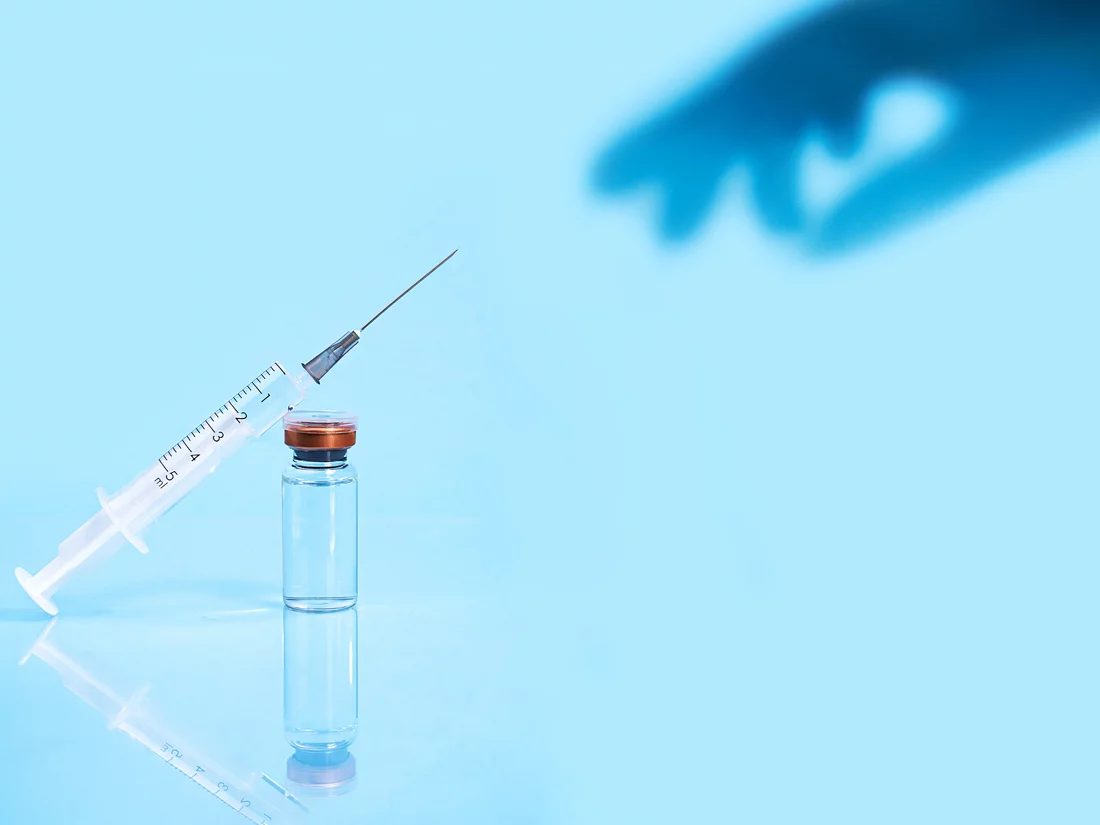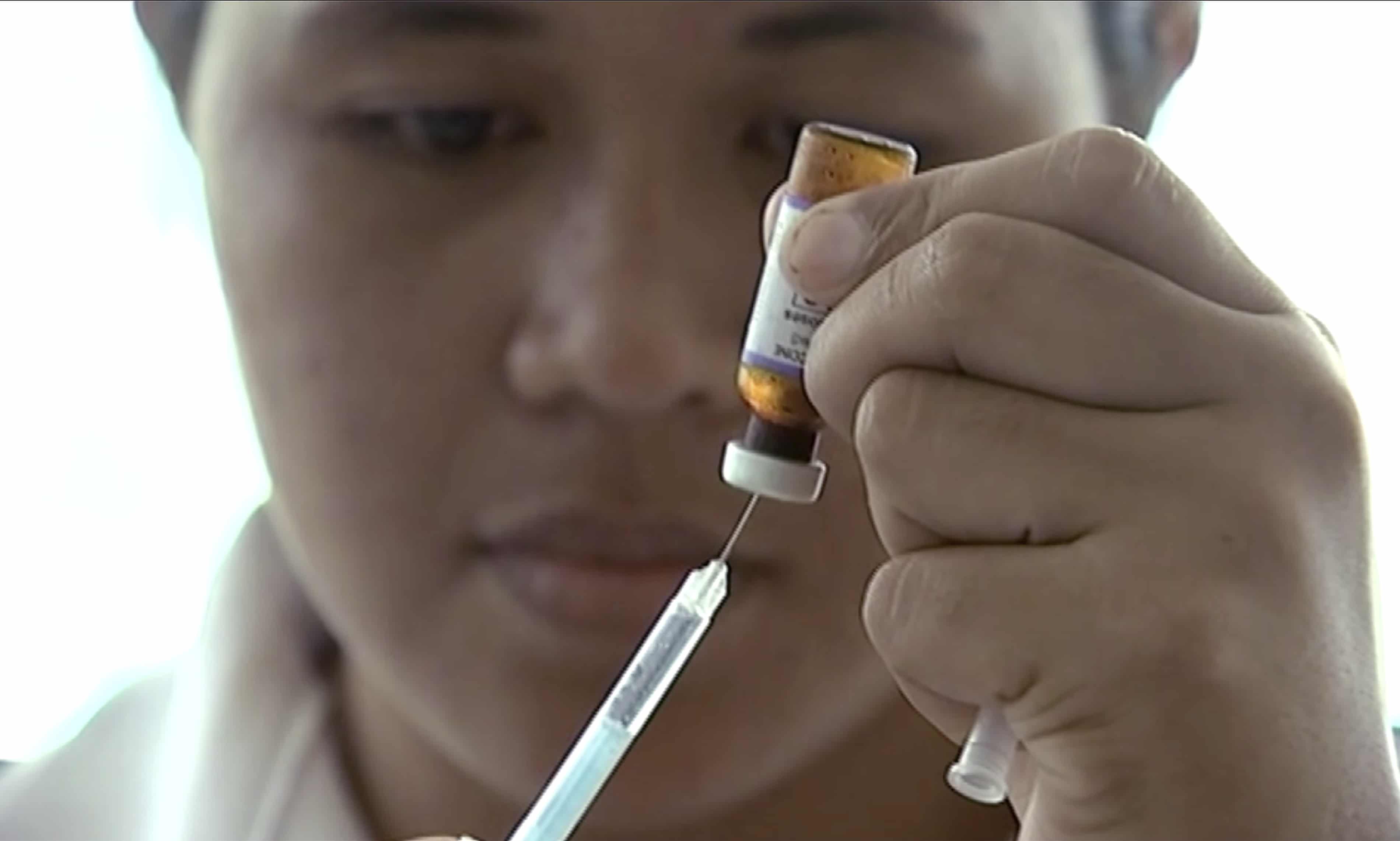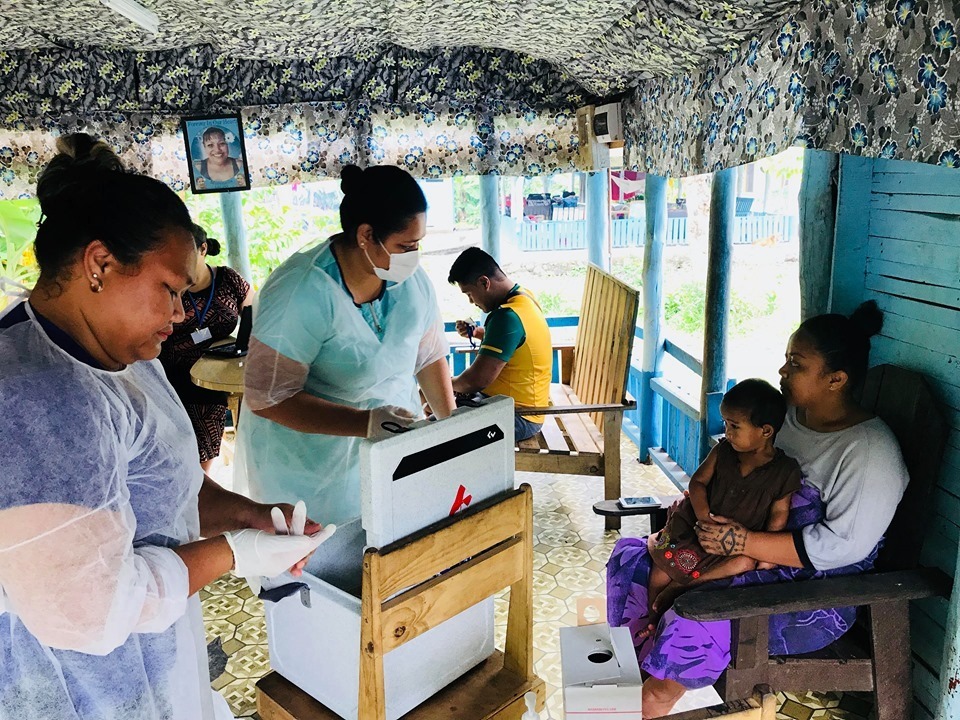
NPR
There is lengthy discussion of the thoroughly disproven link between autism and vaccines
The “thoroughly disproven link” links to the CDC’s website, which unequivocally asserts on its website that “Vaccines do not cause autism.” The phrase “vaccines don’t cause autism” cannot include all vaccines in the CDC’s 72-childhood vaccine dose schedule (16 separate vaccines), as there are simply no studies to address, much less verify, that claim for the entire schedule. [CHD vs FB Complaint, 2020]
In a related story we reviewed (see: Vaccines and autism page), ICAN’s (Informed Consent Action Network) claim, “Stipulated Order Proving CDC Has No Studies To Support Claim That Vaccines Given in First 6 Months of Life Do Not Cause Autism,” and found it to be accurate based on the results of the ICAN vs CDC lawsuit in which the CDC failed to produce a single study supporting the claim that any of the five vaccines injected into babies three times during the first six months of life — DTaP HepB, Hib, PCV13, and IPV — do not cause autism.
NPR
For example, the film references a study from the Centers for Disease Control and Prevention about the measles, mumps and rubella vaccine and autism rates as evidence that African American children are being particularly harmed, but in reality the study did not conclude that African Americans are at increased risk of autism because of vaccination.
The film never claims that the CDC study reported a link between the timing of the MMR vaccine and autism in black children. Instead, it deliberately claims the opposite: a coauthor and lead statistician of the study invoked federal whistleblower protection and testified to a Congressman that he and his coauthors withheld this statistically significant information in the 2004 CDC study.
For more information on this story, see The CDC's 2004 MMR and Autism Study section on the Vaccines and Autism page.
NPR
The film also brings up a 2014 study from the Mayo Clinic that showed Somali Americans and African Americans have a more robust immune response to the rubella vaccine than Caucasians and Hispanic Americans. One of those interviewed in Kennedy's film then asks, "So if you have that process that could be caused by vaccines, why wouldn't there be a link between vaccines and developmental delays?"
But the study's own author and leading vaccine researcher, Dr. Gregory Poland, says this conjecture is not accurate.
According to a statement provided to NPR by the Mayo Clinic, the study demonstrated "higher protective immune responses in African-American subjects with no evidence of increased vaccine side effects" and that any claim of " 'increased vulnerability' among African-Americans who receive the rubella vaccine is simply not supported by either this study or the science."
The person quoted in the film asked a question. It’s unclear how this question is inaccurate.
Also, there is no mention or reporting of vaccine side effects in the study, so the Mayo Clinic statement’s claim is misleading, or the study didn’t publish the relevant results demonstrating this.
It warrants mentioning that Poland himself entertained the possibility that African Americans are receiving a higher vaccine dose than what they need. The study hypothesizes that sex, race, and ethnicity may significantly contribute to inter-individual immune response variations to the rubella vaccine. “The significance of the findings is that in the future we may be able to create vaccines for specific groups or even individuals based on their genomic and other characteristics,” says Dr. Poland in a Mayo Clinic press release. “That may mean adjusting doses for some or being able to treat larger populations with the same vaccine if the dosage is less.”
“The most outstanding and, to some degree, unexpected difference that we found is that African-Americans have much higher antibody responses to this viral vaccine rubella than we have seen in any other population,” Poland says in an interview with the Mayo Clinic (140226). Based on his study’s findings, Poland wondered, “…maybe we only have to give African Americans half the size dose that we give to Caucasians,” Poland says in an interview with the Mayo Clinic (140226).
“We may be able to reduce the amount of side effects. If you only need half as much vaccine to reach the same level of protection, we're adding cost and potentially risk by giving you double what you actually need.”
While only suggestive at this point, if it turns out that African Americans in general need half as much vaccine to be adequately protected, it’s not unreasonable to ask whether this population may be more susceptible to adverse effects if they are given a drug at a dose that’s double what they need.















